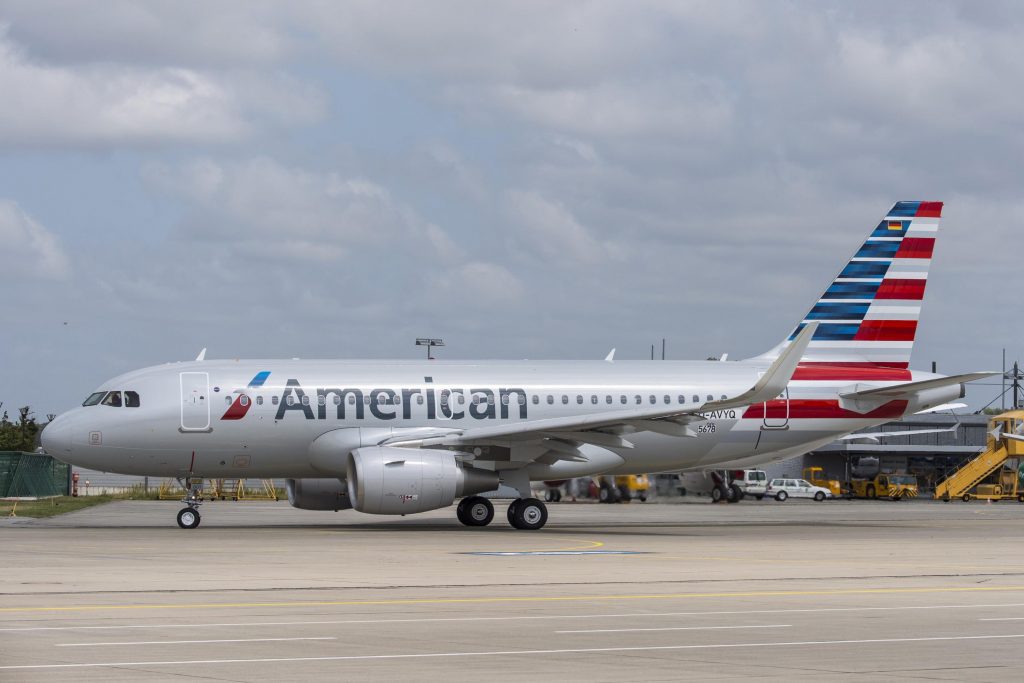Skift Take
The Department of Transportation means well with its tarmac delay program. And it has been helpful for customers, who need not fear being trapped on planes for hours. These fines on the airlines are nothing, but the publicity is a reminder to try to do better.
American Airlines and Delta Air Lines have settled claims that they ignored rules that would have prevented passengers from being trapped on airplanes for hours on late flights, the Department of Transportation said Thursday.
The fines are minor. American was hit for $1 million for mishandling 13 flights between December 2015 and January 2017, while Delta got hit with a $750,000 fine for several incidents in 2017 and 2018.
The Department of Transportation issued new delay guidelines in 2015, after many passengers complained about being left on aircraft without food for long periods. On domestic flights, airlines must let passengers off before a delay extends to three hours, while on international flights, customers must be let off within four hours. Airliners also must offer customers food and water within two hours.
Airlines try to follow the rules, but sometimes they make mistakes, often when severe weather disrupts operations. The DOT’s filing noted many of American’s delays happened during ground stops, when an airport may bar flights from landing or taking off, or during diversions.
In its filing, the DOT criticized American in some instances for not having a strong enough grasp on where its aircraft were, or how long they were delayed. For example after a Dallas/Fort Worth-bound flight diverted to Austin in 2015, “American Airlines was unaware of the aircraft’s location for two hours and thirty minutes,” the government said. In another instance, the DOT said an American manager “mistakenly believed the aircraft landed one hour later than it did.”
Other times the government chided American for being too aggressive with “gas and go” policies. Sometimes, when a plane diverts, an airlines wants to take fuel and get it back in the air as quickly as possible — without giving passengers a chance to get off. But if that process takes longer than expected, an airline may miss its three-or four-hour window.
In an email, an American spokeswoman called the delays the “the result of exceptional weather events” but said the airline has “put procedures in place to help better accommodate our customers when inclement weather occurs.”
The Delta case focused on three main incidents. The first happened in January 2017 during a system outage at the airline’s Atlanta hub. During the outage, the DOT said, seven domestic flights had tarmac delays greater than three hours. The DOT also said two other flights unrelated to the outage — one in 2017 and one in 2018 — violated the policy.
A Delta spokesman said the airline has apologized to customers and issued “substantial compensation” for the delays. The spokesman said Delta has spent millions of dollars “to invest in new technologies to increase efficiency of aircraft movement during irregular operations and additional deicing capacity at its Hartsfield-Jackson Atlanta International Airport hub.”
Neither airline will pay the full amount of the fine. American received a $450,000 credit for compensation it paid to passengers during the events. The government also took $450,000 off Delta’s fine, crediting the airline for compensation it paid to customers and investments the airline made to reduce tarmac delays.
The Daily Newsletter
Our daily coverage of the global travel industry. Written by editors and analysts from across Skift’s brands.
Have a confidential tip for Skift? Get in touch
Tags: airline innovation, american airlines, delta air lines, dot, tarmac delays
Photo credit: American and Delta have settled claims over tarmac delays. Pictured is an American Airbus A319. American Airlines
